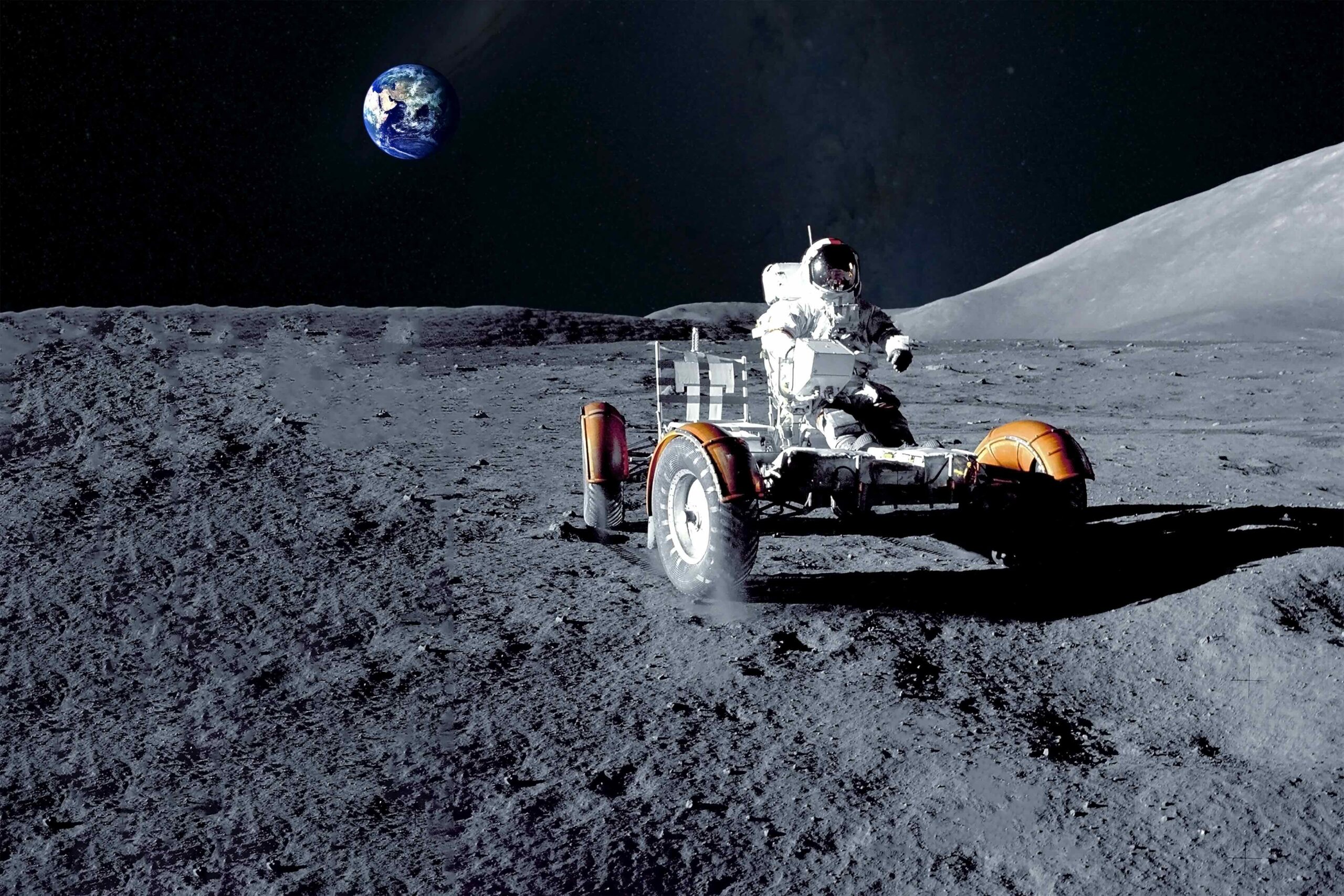Is there a secret to longevity? This health expert says 1,000% yes
In the era of social media, post-COVID, and with mental health at the forefront, a shift is taking […]

Space, with its wonders and challenges, brings along peculiar facts that might surprise even the most avid science lovers. One such intriguing fact is that astronauts cannot burp in space. It may sound odd, but there’s solid science behind it, tied directly to how our bodies react to the unique conditions in space.
On Earth, burping is a simple, if occasionally embarrassing, function of our digestive system. When we eat or drink, we swallow not just food and liquids but also air. The gases in our stomach rise to the top, and thanks to the force of gravity, this gas is separated from the liquids and solids. When there’s enough pressure, the gas escapes upward through the esophagus and out of our mouths — voilà, a burp!
However, space operates very differently. In the microgravity environment that astronauts experience, things don’t behave as they do on Earth. Without the force of gravity, gases, liquids, and solids in the stomach remain mixed together. This lack of separation makes it impossible for astronauts to burp the gas alone. So, if they attempt to burp, they risk bringing up not just gas but also food and liquids, which could lead to some very uncomfortable situations.
Gravity on Earth plays a critical role in many processes, including digestion. It’s what helps food and liquid move through the esophagus to the stomach and keeps gases separated in the stomach. Without gravity, astronauts’ digestive systems struggle to function in quite the same way.
Astronauts in space experience microgravity, meaning that the gravitational forces are so minimal that things float and behave differently. Inside the body, this means that the gas bubbles remain suspended within the mixture of food and liquids. As a result, when astronauts feel the need to burp, they must be cautious. Attempting to burp could cause regurgitation of stomach contents, which, in the close quarters of a spacecraft, is far from ideal!
One of the reasons space agencies like NASA design space food to be different from regular Earth food is to prevent uncomfortable digestive issues like this. Space food is low in carbonation, meaning astronauts don’t have to worry about the buildup of gases that might lead to burping or, even worse, regurgitation. Carbonated drinks, for example, are a no-go in space. Without gravity, the bubbles don’t rise to the top, making sodas and fizzy drinks an impractical — and potentially messy — choice.
Just like on Earth, astronauts do still experience gas in their digestive systems, but without the ability to burp, their bodies handle it differently. The gas usually works its way through the digestive system and exits from, well, the other end.
This fascinating fact about burping is just one of many surprising ways space changes how our bodies behave. Here are a few more “Did you know?” facts about living in space:
Astronauts grow taller in space – Without Earth’s gravity compressing their spines, astronauts can grow up to two inches taller during their missions!
Taste buds change – Many astronauts report that food tastes bland in space, which might be due to fluid shifts in their bodies that affect their sense of taste.
Sleeping in space is tricky – Without gravity to keep them grounded, astronauts need to strap themselves into sleeping bags to avoid floating around the spacecraft.
The science of space travel reveals just how dependent our bodies are on gravity for everyday functions like digestion. The inability to burp in space is a quirky reminder of the unique challenges astronauts face as they adapt to life outside of Earth’s gravitational pull.
So next time you let out a burp, remember—you’re lucky to have gravity on your side!

In the era of social media, post-COVID, and with mental health at the forefront, a shift is taking […]

With its fast speeds and revolutionary potential, 5G stands out as a noteworthy milestone in the field of […]